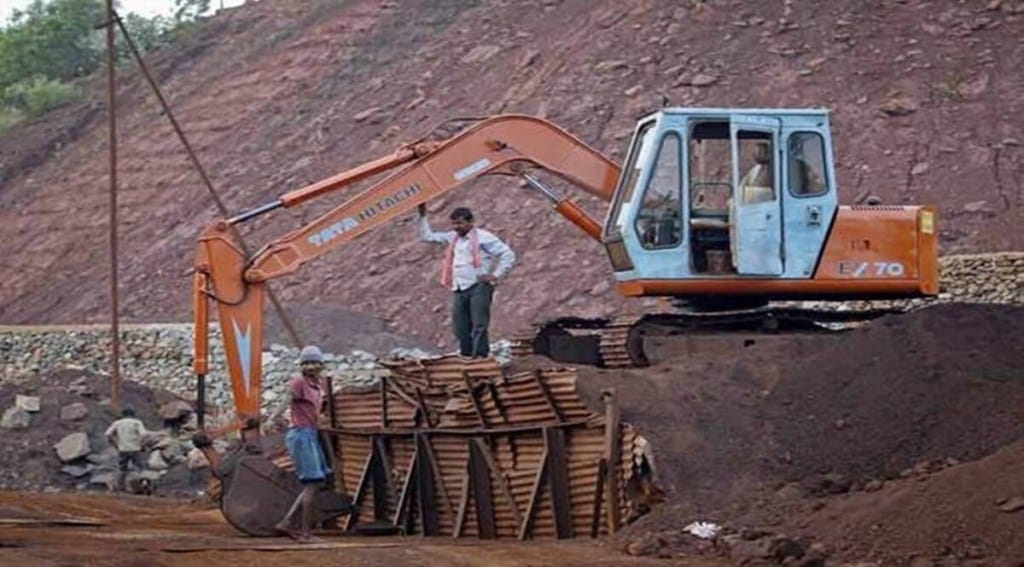The Central government has told the Supreme Court that it may allow export of iron ore to bring the mines in Karnataka at par with other states and also align the operation of these mining plants with the rest of the country.
Supporting the stand of the miners from Karnataka to allow them to export their stocks of iron ore, the mines ministry told the apex court that the situation has improved since the ban was imposed in the state due to illegal mining and encroachment of forest land. The improvement is manifest from various SC-appointed CEC reports, it stated.
“In other parts of the country, there is no restriction on export of iron ore. The restriction imposed in Karnataka was under extraordinary situation prevailing then because of unprecedented illegal mining. However, as the situation has changed, the court may allow export to bring these mines on par with the other states,” it said in its affidavit.
According to the Central government, the regulatory mechanism has also changed since 2015 when the amendments were made to the Mines and Minerals (Development and Regulation) Act. The new rules provided for allocation of mineral concessions through a transparent process of auction and stringent penal provision for effective deterrence, introduction of star ratings for sustainable mining and administrative measures by launching the mining surveillance system, including drone survey, it pointed out.
The Central government’s response came after the top court had asked it to clarify its stand on the export of extracted iron from Karnataka to rescue the mining industry which is under stress. The mining companies had claimed that they were dying and facing closure due to their stocks not getting sold or receiving genuine prices due to ban on export in Karnataka while steel companies, on other hand, were importing iron ore and making huge profits.
The Federation of Indian Mineral Industries, Southern Chapter, had asked the SC to do away with e-auction norms for mining leases situated in the districts of Ballari, Tumakuru and Chitradurga districts.
Stating that a dual regime was not required in Karnataka vis-a-vis the rest of the country, the industry body pointed out in Odisha, lessees have access to an open market and are not constrained to sell the ore by e-auction to a closed group of buyers, and can even export the ore. However, leaseholders in Karnataka were not granted similar relaxation. It asked the top court to discontinue the e-auction mandated through a judgement in 2013 for the sale and purchase of iron ore in Karnataka.
The Supreme Court had in 2012 banned the export of iron ore pellets from Karnataka to check environmental damage in the state and fixed maximum permissible annual production limit at 35 MMT for the A and B category mines.

